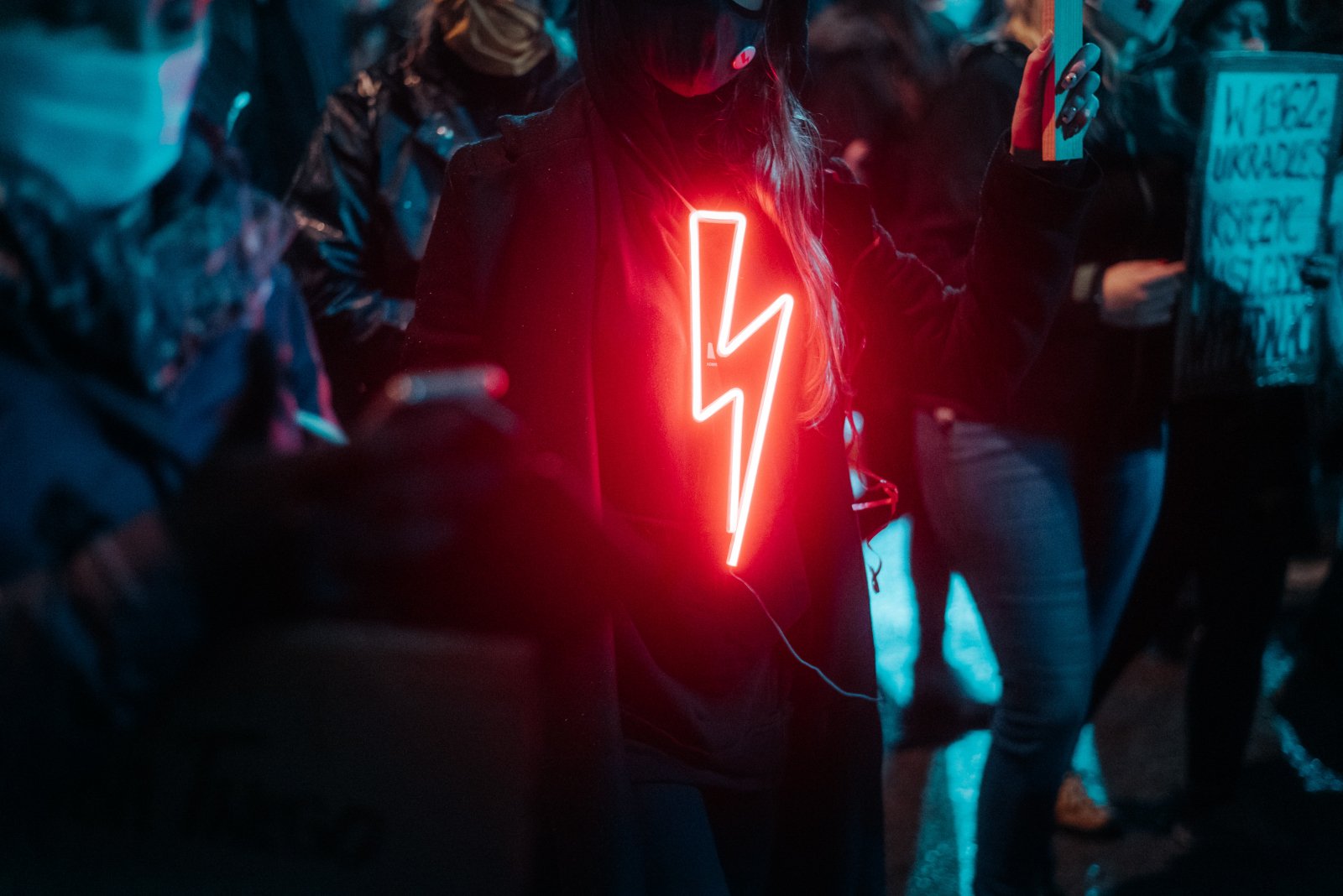
SHARE
In the years leading up to and directly following the collapse of the Soviet Union, many in the West saw Poland as a beacon of democratic values and hope, an emblem to be mirrored by its neighbors plagued by autocracy and disarray. Recent social and political developments have posed significant challenges to Poland’s democracy and while the nuances of the political divisions seen today are complex, overall, it is clear that the country is polarized.
In the midst of Poland’s 2020 presidential elections held during the Covid-19 global pandemic, NDI’s team in the Visegrad Four (V4) - Poland, the Czech Republic, Hungary, and Slovakia - conducted public opinion research to have a statistically representative understanding of the attitudes of young people on politics and democracy.
The data shows that interest and trust in government have decreased among youth, however, recent events prove that they are willing to mobilize around issues that are important to them and when they feel their voices will be listened to, they believe they can affect change. This is both reflected in and influenced by current events, including government responses to the pandemic, as well as controversial legislation and policies concerning family planning and LGBT+ rights.
Compared to their counterparts in the V4, Polish youth expressed the largest decrease in satisfaction with and interest in government. In 2018, 58% of youth were satisfied with their government, whereas in 2020 this number fell to 29%. Interest in public affairs has also decreased from 80% to 68%. Faith in and commitment to democracy in Poland is slightly lower (71%; down from 89% in 2018) than in Hungary (79%) where democratic backsliding has been most prominent in the V4, other than in Poland. While these decreases are certainly significant and suggest the need for change, interest in public affairs and faith in democracy remain high, a positive sign for the overall democratic resilience of the country.
In fact, more Polish youth are registered or planning to register with a political party than in 2018. While interest in participating in public affairs through conventional means, such as signing petitions, joining political parties, or attending protest rallies, has decreased across the V4, it remains higher in Poland (68%) than in other V4 countries (68% Slovakia, 60% Hungary, 53% Czech Republic). Youth engagement may very well manifest in nontraditional, informal avenues now and into the future, such as activism on social media platforms or other new strategies yet to be seen.
Even considering the decrease in participation via traditional methods, recent events like the protests over controversial legislation restricting family planning from October-December 2020, demonstrate young people’s willingness to organize and take action around issues that align with their interests. The numbers of demonstrators at these protests were comparable to those of the famous Solidarity Movement, with more than 430,000 people showing up in more than 400 cities across the nation by the end of October (CNN).
The frustration this past year was also visible in the way the government responded to the Covid-19 pandemic. Polish youth were visibly less satisfied with their government’s response to Covid-19 when compared to other V4 countries. Only 40% were satisfied, compared to youth in Slovakia (72%), Hungary (52%), and the Czech Republic (49%). This gap is significant and can be understood alongside the relative lack of quality of healthcare in Poland, which remains one of the worst in Europe (Radio Poland). Based on NDI’s data and the events of last year, issues around health care will certainly remain significant, and Polish youth, in particular, will have yet another reason to mobilize in the face of inadequate governance.
Young people’s frustration with the government is increasingly visible in the public sphere and as a whole, Poland suffers from deep divisions which span religion, age, gender, and political affiliation. Our data reveals and quantifies the youth’s disaffection which can be observed in current events and will affect the stability of democracy as a whole in the future. While not without its share of challenges ahead, the fighting spirit of the Polish people the world saw in the 1980s is clearly very much still alive and will continue to live through young people’s resilience and political aspirations.
Author: Arianna Babraj is a Project Assistant with NDI Central and Eastern Europe team
NDI's research cited in the piece was funded by the National Endowment for Democracy.


